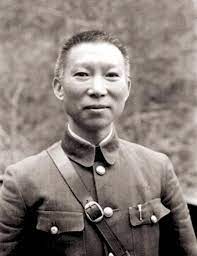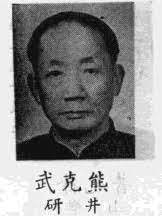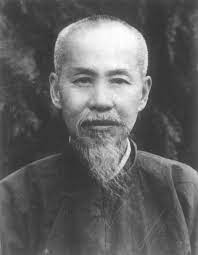Yeh T'ing 葉挺 Orig. Yeh Hsi-p'ing 葉西平 T. Hsi-i 希夷 Yeh T'ing (1897-8 April 1946), Communist military commander who led the Independent Regiment attached to the Fourth Army on the Northern Expedition in 1926 and, with Ho Lung (q.v.), directed the Nanchang uprising of 1 August 1927. He commanded the New Fourth Army from 1938 […]








